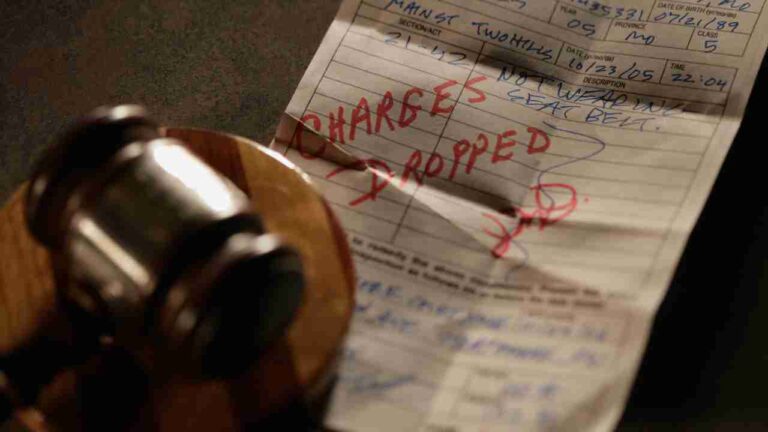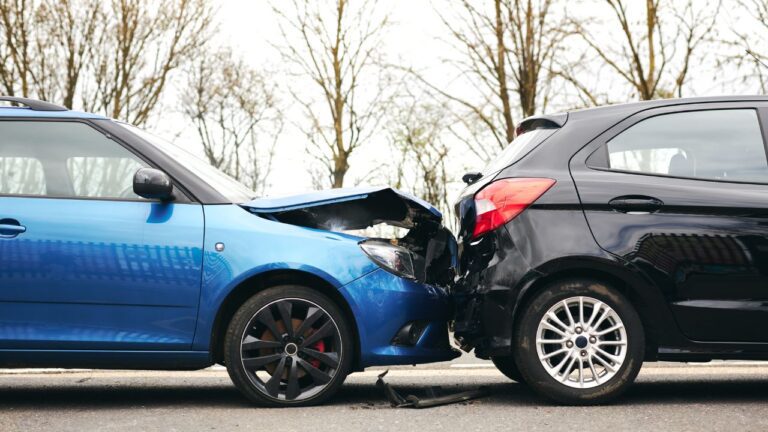When do Personal Injury Cases go to Trial
The most terrifying experience for a person can be getting hurt and feeling helpless as a result. You can feel taken advantage of if you don’t know how much is owed to you or if you can’t stand up for what you deserve.
When most people think of a personal injury case, they typically picture lengthy courtroom trials with a judge and jury. Trials are possible, but they are not likely. Most personal injury cases are settled before they even enter a courtroom. Instead, they are able to reach a settlement during the pre-trial negotiation phase. If you’re unsure whether your personal injury case will go to trial, consider whether it contains any of the issues that frequently result in a day in court.
You may have a disputed claim if the opposing party to your lawsuit disputes that it was the cause of your accident and personal injuries. Liability disagreements increase the likelihood that a matter will proceed to trial because a settlement depends on both parties agreeing. To reach a settlement, both parties must communicate, compromise and agree on a sum of money that will end the dispute. The matter can end up in front of a judge or jury if the parties cannot agree on who was to blame for the accident. A jury will hear arguments from both sides and decide who is at fault based on the facts and supporting evidence.
Although filing a lawsuit is frequently the best course of action, there are a few things you should consider first.
What is the Injury Level?
How severe were your wounds? A lawsuit is not for you if you were fortunate enough to merely sustain a minor injury. Make sure the experiment is worthwhile before investing the time, money, and stress required.
The majority of personal injury cases are filed for catastrophic injuries brought on by car accidents, medical errors, battery and assault and defamation. If one of these applies to your personal injury and it was severe enough that you required expert assistance, you might have a case.
Who Committed the fault?
If both you and the opposing party believe you are at fault, filing a lawsuit would be pointless. A court case might be the appropriate course of action if the other parties are at blame or if neither of you is completely sure who is at fault.
On that topic, it could be time to start looking for a top-rated personal injury attorney if you know the other party is at fault and they are disputing that.
Proposal of the Other Side
You have the advantage over the other party if they have acknowledged fault. Observe what they are giving you and decide if it is sufficient. Are they undervaluing what you deserve? Are you uncertain of your worth? It’s time for legal action if you’ve tried to mediate a resolution and they’re not giving you what you’re due.
Negotiations Failed
Some personal injury cases go to trial when the parties agree on culpability but dispute on the amount of the claim. By underestimating a claimant’s losses, an insurance company for a defendant frequently tries to reduce its financial exposure and profit from its investors. Even though a skilled personal injury attorney can frequently persuade the insurance company to make a reasonable offer and settle the case, some insurance companies are unwilling to raise their initial offers.
The claimant’s lawyer might be forced to file a lawsuit if talks break down and fail to produce a favorable settlement deal. This occurs most frequently in situations where the injuries are severe or permanently incapacitating. During settlement negotiations, an insurance company frequently undervalues these instances. In order to seek for the highest possible compensation in the event of a significant accident, your attorney might decide to take your case to trial.
Who Are the Participants?
The more parties engaged in a case, the more complicated it will be. There are many parties involved, which means there are many distinct requirements, perspectives and points of view. This issue frequently arises in debates and many people find it difficult to change their opinions despite being presented with evidence. You need a specialist who will speak up for you and make sure that your demands are not disregarded just because someone else is more vocal.
After an injury, people require time to recover and move on. Your misery and sorrow can last longer if you’re not given the resources and support you require. Don’t be afraid to seek for assistance and speak out for yourself.







